We asked our team members to share their top takeaways from the 2020 AFA Annual Meeting. Here are notes provided by Dan Bureau on supervision:
Supervision is hard. It is also very important in order to help professionals maximize their potential in their role as well as lay the foundation for their future success. Dr. Viancca Williams provided an excellent session focused on tips to be a good supervisor who facilitates a hiring process and manages an employee in a way that helps them be successful. She focused on seven key ideas:
Good supervisors play a role in the recruitment and selection of the best candidates. They ensure position descriptions accurately reflect priorities for the position and that the search committee is deeply invested in the role and the potential for it to impact the larger organization.
Good supervisors develop a positive relationship with their employees. A level of trust is built and that trust results in mutual respect, ongoing communication, and meaningful collaborations.
There is an appropriate onboarding program and the employee comes with basic expectations for success. The employee is sufficiently trained through a pre-developed orientation program that helps them understand not only expectations but organizational culture. As a result, the employee comes to understand the behavioral norms, political realities, procedures for performance appraisal, and everyday practices that will be ways to demonstrate their commitment to the role. New employees are socialized in ways that allow them to work closely with the supervisor to best implement the actions that will make them successful in the position.
There is some level of skill and competency assessment. The supervisor studies the competencies of the employee to ensure that they are prepared to do the work for which they are hired. The supervisor can work with the employee to identify what is going well and what needs improvement. Tools such as the AFA Competencies can help them develop a sense of what they are good at and also on which they should work to be successful.
Past onboarding and into the time when the employee is settling in and it is clear on what they are good at and what they can work on, there should be ongoing coaching that facilitates the employee’s ability to successfully compete the tasks and assignment at hand. That coaching may be focused on competencies, professional ideology, institutional context and culture, and creating relationships to be successful.
The supervisor engages with the employee to create a plan to strengthen and enhance competencies through professional development opportunities. The supervisor understands the value of professional development, including conference attendance and association engagement, and makes a commitment to the employee to support them as there is a desire to engage in professional ways to enhance their competence. The supervisor may create plans with the staff member to find and implement specialized training, formal education, or advanced professional learning intended to help improve professional knowledge, competence, skill, and effectiveness.
Finally, there are opportunities to assess the extent to which the employee is fulfilling the obligations of the role. An evaluation/performance appraisal is part of how the supervisor and staff member engage to make them feel like they can do the job while also identifying areas in which they can improve.

